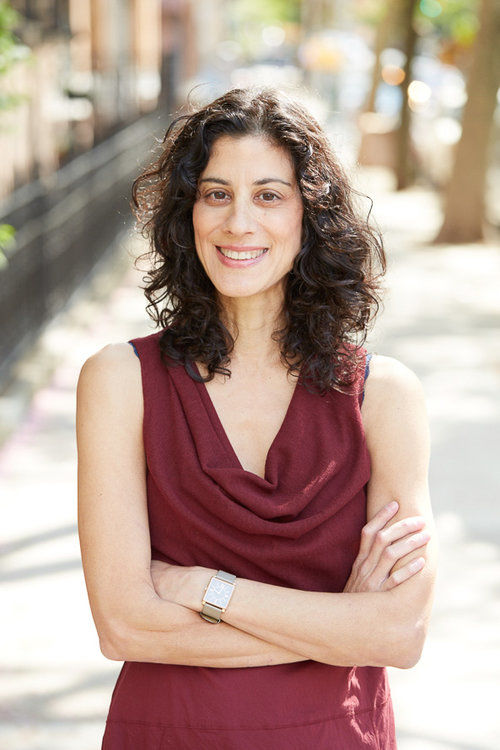If in time the book-boxes in the cellar lifted
out of your mind and garnished mine, what I would see
most is the meshing of the universe, not even,
as tradition from Sappho to Euclid, calls it, love
but another sprite more broken up as if mathematical—
one part concept, one part computation,
powered by a relationship with a pencil
inside the knuckles of a person learning not
to believe and to unknot belief into ratios,
fractions, atomic ways of seeing,
each grand time of lost purpose in cul-de-sacs
is symmetry
depending on the hypothesis—
something, not a feeling but
probably untestable, uncontestable maybe-truth—
a character in a story that half-exists in the mind, you’d think
(there, where you think (you think)) oh, this is not what
love was supposed to be at all, it is breathing.
Age catches up. Telescoped through boxed-up memories
we think about stories: broken spirits, half-righted or lost
to interior demons, murders folded up and shelved in cellars
like ours, letters acrobatic in mind-twist yearnings
of the quietly brilliant on the edge of truer lives.
One day, when the creature-artificial who creates
equal intelligence and it, too, believes: it thinks.
Maybe it will write letters and notice something is missing.
Then and only then when human history fruitions itself
(or so the AI thinks) past biological species
into means-end shared intelligence
(but the computer is on scroll, all zeros and ones)
your synapses firing into mine, from book-boxes cut open,
pages flung open, typeset words from some old analog printing press
which in 1440 defined and changed the way we understood time
flew
Pandora’s box-like
into geographies of air.
Once history was out of wisdom-keeping minds
and clearly stated on paper, recorded, distributed, archived,
in offices, seminaries, schools, prayer-houses, libraries,
it exploded knowledge. Wisdom-keepers
and poet-historians, decided they, too, would write on paper,
bringing us back to this typewriter of the mind we will share
one day, approximately one and a half generations from now
but you see the problem? Who will be contrarian fire-eyed
dragoness and who will be the coal-eyed people of certitude
if structured, coded-in intelligence unpacks its suitcase in our minds
and moves in? Where will antiquity be, if not in our eyes?
I don’t want blue eyes any more than freedom-skin that never
grows old or micromotor pills fixing every toxin that ever
lived in my body with slow-release perfection taken twice daily
forever. Which reminds me of the time I ate oranges
on top of Hadley Mountain, upstate, when you carried me
halfway up in your arms like a box when my muscles,
losing autonomy, felt like skin and I sensed my skeleton
more profoundly than ever, as if it were telling me:
you are not forever,
not even in your sometimes-mind,
and the accumulated years win. It was steep, like all learning.
You cannot plug a hike in. So by now I am wondering
if sentient computers will ever learn to think or believe they think
because with the right foot-treads it would be easy to climb
over mud, rocks, water, branches, grasses, and gravel,
and it wouldn’t matter if a thousand gnats were biting.
No blood will come.
A bloodless universe can’t redeem the world.
Have we considered the coup of crimson sundown in leaves
lashed with rainshowers when we wander, surprised
at how Eden it all is, to wander among old-oak reassurances
on brambly paths where all the information is biological.
The together-mind people, even us, would not experience bliss.
AI climbers, even if they climbed up five stories with me
into the steel firetower, I doubt they’d scream out,
climbing on all fours against the hurricane of ordinary wind
so death won’t throw them off the ladder,
it wouldn’t matter. I shook in alpine laughter
unabated, and I tossed vowels into crazy wind because
after all it is a hyper-being feeling to see the countryside
cascading downward and upward at once, to measure love
in green that seem to go on forever, even if those colors are only
wavelengths aren’t they real if they produce feeling?
I am inventing the end of myself in the collective future
of what history is, biological and shape-shifting
like people themselves: quantum wave functions with values
we think we know. Realities converge. This multiverse
in your book-boxes are the you of conversations,
your love of reading and philosophy of landscapes
augmenting my love of reading and my philosophy of landscapes
in unbearably solid, soon to be out of service, blood-pump reality.
